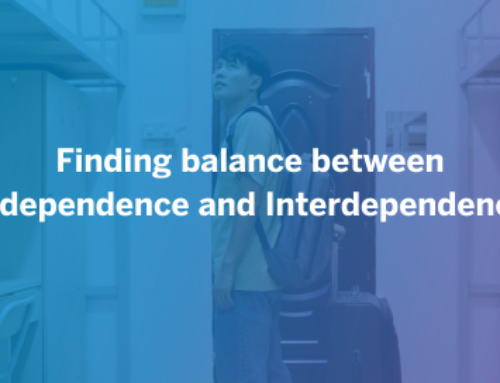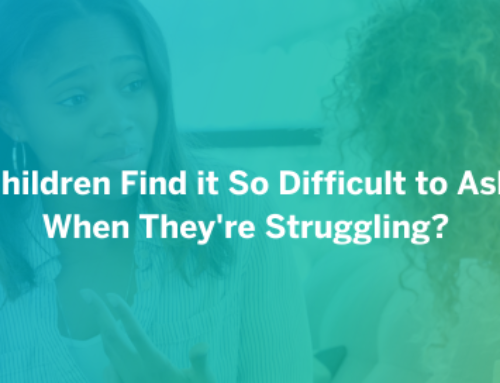
I remember my mom and grandmother constantly saying it. Now, as a mom of two, I can’t help but laugh every time I hear myself blurting out: “Time goes by so fast!” I swear I hear both of them chanting, “I told you so!” It seems like yesterday I was teaching my children the ABCs and 123’s, and today, I am being encouraged to talk to them about alcohol and drugs. Whoa! How do I even put into words these big issues and understand the right age to start?
One of the most challenging jobs parents face is finding the proper balance between preserving our children’s innocence and equipping them with the appropriate knowledge they need for protection. Two main factors can help parents educate their kids and keep them young at heart.
The first factor is becoming aware of how you interact with your child. As they start growing, your relationship should as well. The way you speak to them about their everyday events matter. When you can easily talk to your child about their day at school or interests, it will be simpler to continue the conversations about more complex topics such as alcohol and drugs.
The second main factor is understanding how to speak in an age-appropriate way. Childhood is a protected state where they can learn new things slowly once they’re mature enough to handle them. However, even if parents attempt to bring up a child in the best way possible, they must be aware of the influence the outside world has. The conversation a parent has with their 5-year-old child should be different from the one they have with their 8-year-old and should be much different from the one they have with their pre-teen or teenage child.
According to SAMHSA, Children as young as nine years old already start viewing alcohol more positively, and approximately 3,300 kids as young as 12 try marijuana each day. Additionally, about five in 10 kids as young as 12 obtain prescription pain relievers for non-medical purposes. The earlier you start talking, the better.
For kids in their primary years, one of the best ways to start the conversation is by talking to them about medicines and their proper uses and misuses. Teaching them about medicine safety will help encourage them to ask questions. It is one of the best ways to introduce the concept of substance prevention in a way they can understand.
As children continue maturing into their elementary years, continue the conversation about medicines and explain what drugs are, their functions, and which drugs are harmful or illegal. Keep it simple but honest. For instance, explain how alcohol can change how the brain communicates to the body. It can make people walk and talk slower and change how a person behaves. Explain that it can be extremely dangerous for a kid because their brains are still growing. Try to find the language that works for them. This is also an excellent time to explain and discuss how alcohol and drugs are shown in social media outlets, movies, and television shows.
By the time children reach their pre-teen and teenage years, they will undoubtedly have already formulated many ideas about drugs and alcohol. As reported by SAMHSA, almost 70 percent of high school students will have tried alcohol, half will have taken an illegal drug, and more than 20 percent will have used a prescription drug for a non-medical purpose. When it comes to talking, this is the time to get more profound and honest with your kids. Be open to responding to questions and try to resist the urge to lecture. Be clear about where you stand regarding substance use and set up hard boundaries about the consequences. Talk to them about addiction and the harmful effects drug and alcohol use can have on their physical, mental, and social well-being.
Just like babies start understanding and responding to words in the first year of life, your conversations should continue to grow alongside them throughout all stages. The aim is to keep your child safe and give them the foundations they need to do their best. While the words might change, the communication should never stop. Discussing drugs and alcohol with your children in an age-appropriate way not only develops trust and openness but will also help them stay safe and healthy.
Carolina Droze is a LSIS presenter of K-5th programming, freelance writer and copywriter. She is also a mom, wife, surfer, nature enthusiast and a lover of loud music and dancing like she just don’t care.







